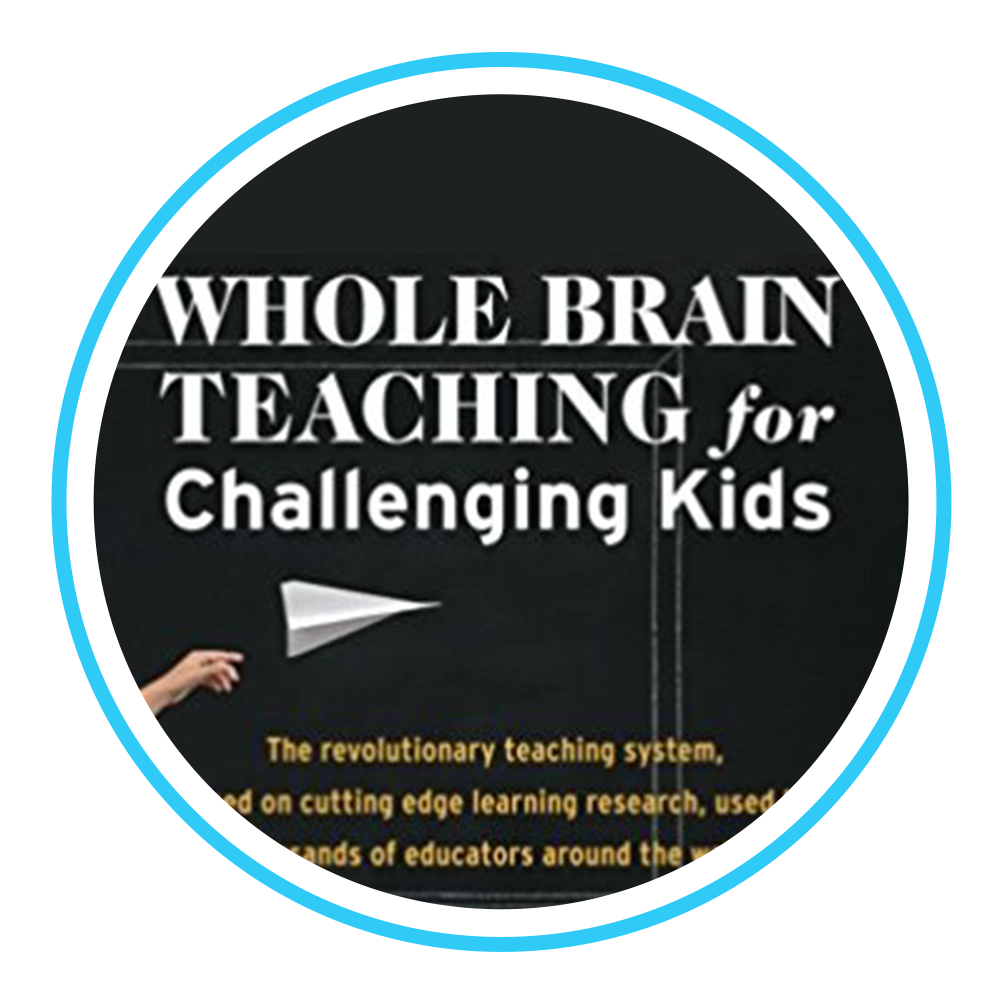Revision Tip #1 – Cue Dependent Forgetting

How to use your exam paper to help you remember…
There are two possibilities in forgetting – one is that we simple no longer hold information in our brain or secondly that we have the information it is just that, at the point when we need to recall it, we can’t access that memory because we don’t have the right cue to recall – ever had that tip-of-the-tongue sensation? There is nothing worse that this happening as you walk out of an important exam – the key answer coming to you just as you walk out of the door. So how can we use the psychology of memory to help ensure that we are cued to recall?
Firstly students need to remember that exams are all about recall – not recognition, they won’t be given information and asked whether they had a lesson on it or read it in a textbook. Exams are all about remembering what has learned and how to apply it to a question. So how can students use the exam paper to help them remember what they have learned?
Cue-dependent forgetting or retrieval failure is the inability to recall information without cues. In an exam the paper is going to be filled with cues – keywords that will trigger recall. The trick here is to identify the likely cues that will be on the paper (these words are also likely to be the key words on the specification) and use them to group facts and information under. For example your cue word might be ‘Photosynthesis’ – this will be a cue to facts about chlorophyll, plants, sunlight, energy. Mnemonics are also examples of cues to recall – ROY G BIV helps cue the 7 colours of the rainbow in the right order.
When students are revising it is therefore helpful to encourage them to create notes and revision resources that clearly identify the cue words (likely to appear on the exam paper) and for which they then have to recall facts – so a flash card would have a cue word on one side, and 5 ‘facts’ on the other – the student then uses these to test themselves.
The other tip to give students – and I know all teachers do this – is to tell them to read the paper the whole way through before they start writing. They never see the point until it is explained that cues to recall pop up all over the paper and whilst we are writing. If you start writing immediately, and get to the last question and only then realise that you can’t really recall the information you need, you only have a short time to do it (and cues that may have appeared earlier in the paper have been missed). If you realise at the start of the exam that the last question is difficult you then have 2 hours to recall and possible cues will crop up as you complete the rest of the exam paper (ask them how often they have not remembered the answer to an early question only for it to ‘come to them’ whilst answering another question later on?)
There is also a theory that suggests that recall is done better in the same conditions as the information is encoded (learned) – context dependent recall Therefore if you learned everything in the exam hall then you should do better than learning anywhere else – clearly however this is impossible. Whilst there is conflicting evidence for this it isn’t a bad idea to use it to encourage students to revise in a quiet space, away from distractions and definitely not on their bed – as similar to exam conditions as possible.







There’s some great language in this article by @lucindapowell -exams can be tough for some people, trigger anxiety in others. Encouraging revision in the right environment or making changes in the environment that you revise in will make a difference, and using the exam paper to help trigger memories really struck a chord with me.